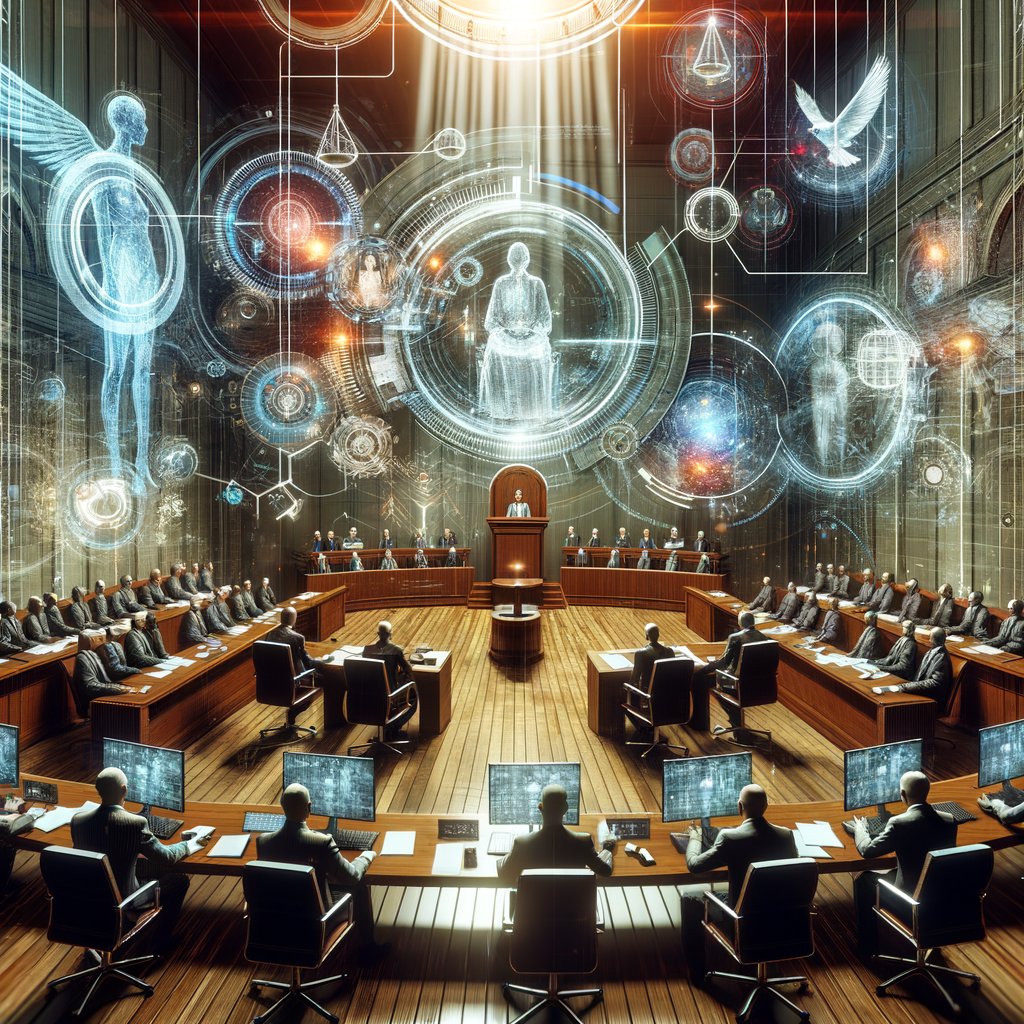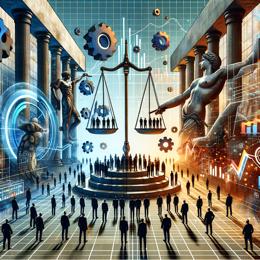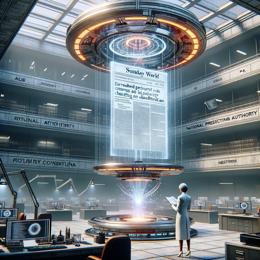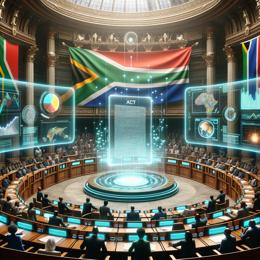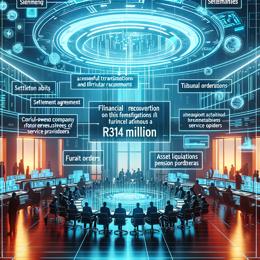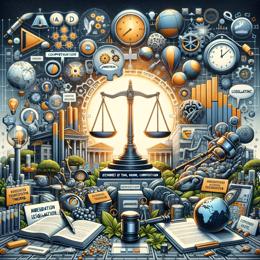Image created by AI
Turmoil in Free State: High Court and NPA Clash Over Asbestos Case Trial Impartiality
The legal landscape in South Africa has been stirred as the Free State High Court's Deputy Judge President levied serious accusations against the National Prosecuting Authority's (NPA) Director of Public Prosecutions. This friction emerged over the handling and judicial oversight of the upcoming trial centered around a 255 million rand asbestos tender scandal, which is anticipated to commence in mid-April next year.
The case, which has garnered significant public and media attention, involves high-profile figures including the former Free State Premier Ace Magashule, a previous Mangaung mayor, and businessman Edwin Sodi. They are accused of mishandling a large government tender aimed at removing asbestos from buildings, a project prosecutors claim was marred by fraud. The NPA alleges that not only was the work never completed, but the performed tasks were substandard and the tender amount was largely siphoned off by the accused.
The controversy took a turn when the Free State Director of Public Prosecutions expressed a lack of faith in local judicial impartiality, requesting a judge from outside the province to oversee the trial. This move was sharply criticized by the Deputy Judge President of the Free State High Court, who described it as an "unethical behavior" and an "unprecedented attack on the judiciary’s independence."
This condemnation from the court underscores the escalating tension between the judiciary and the prosecution service. Legal analysts suggest that this dispute could impact the perceptions of judicial fairness and integrity, especially in cases involving alleged state capture and corruption at high levels. The request for an external judge has sparked a debate on whether this could set a precedence affecting future high-profile cases across South Africa.
With the trial set to begin next year, all eyes will be on how these tensions resolve and what it means for the administration of justice in South Africa, particularly in politically sensitive cases. The integrity of both the judicial and prosecutorial branches is now under intense public scrutiny, as the nation seeks to combat corruption and maintain the rule of law.
